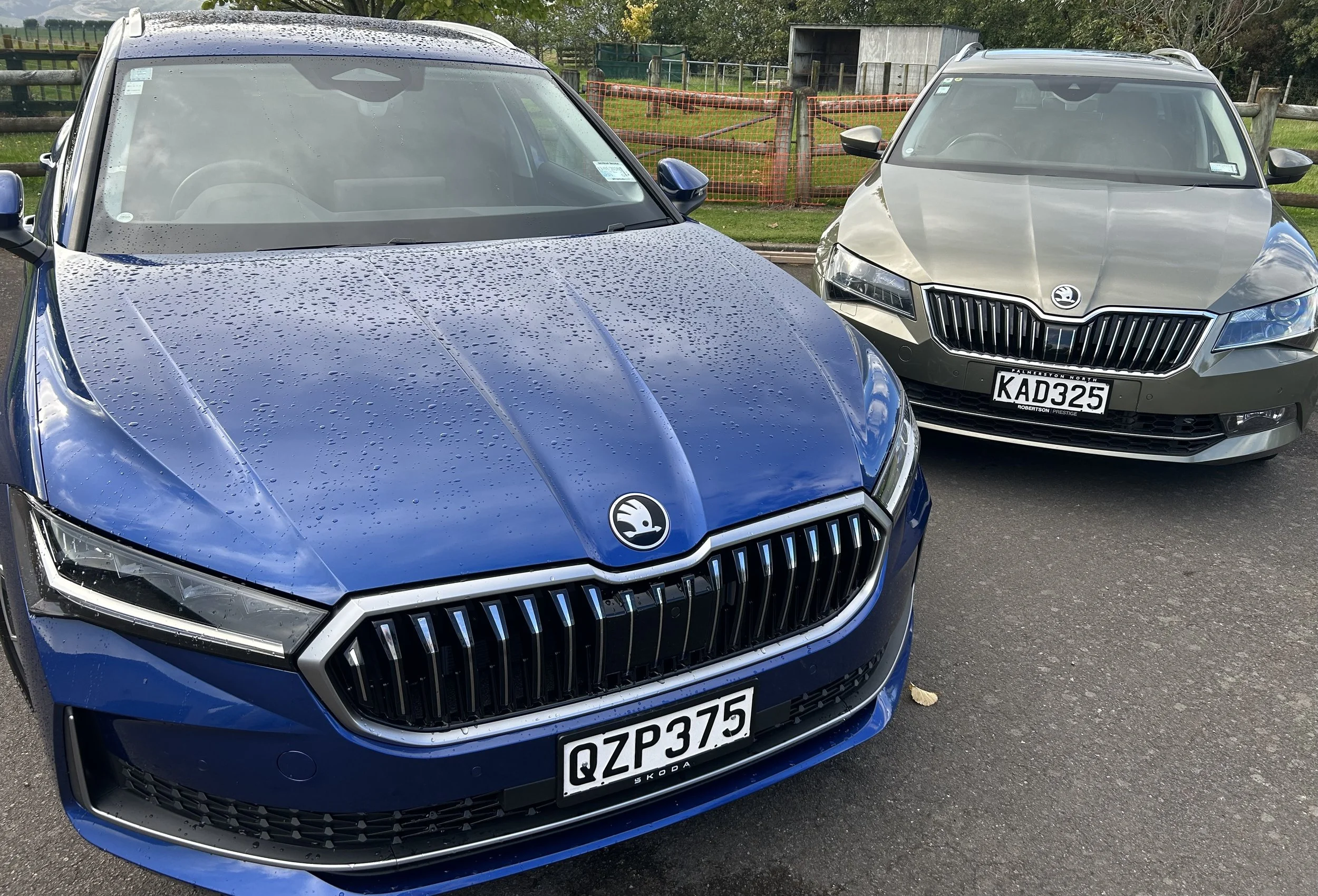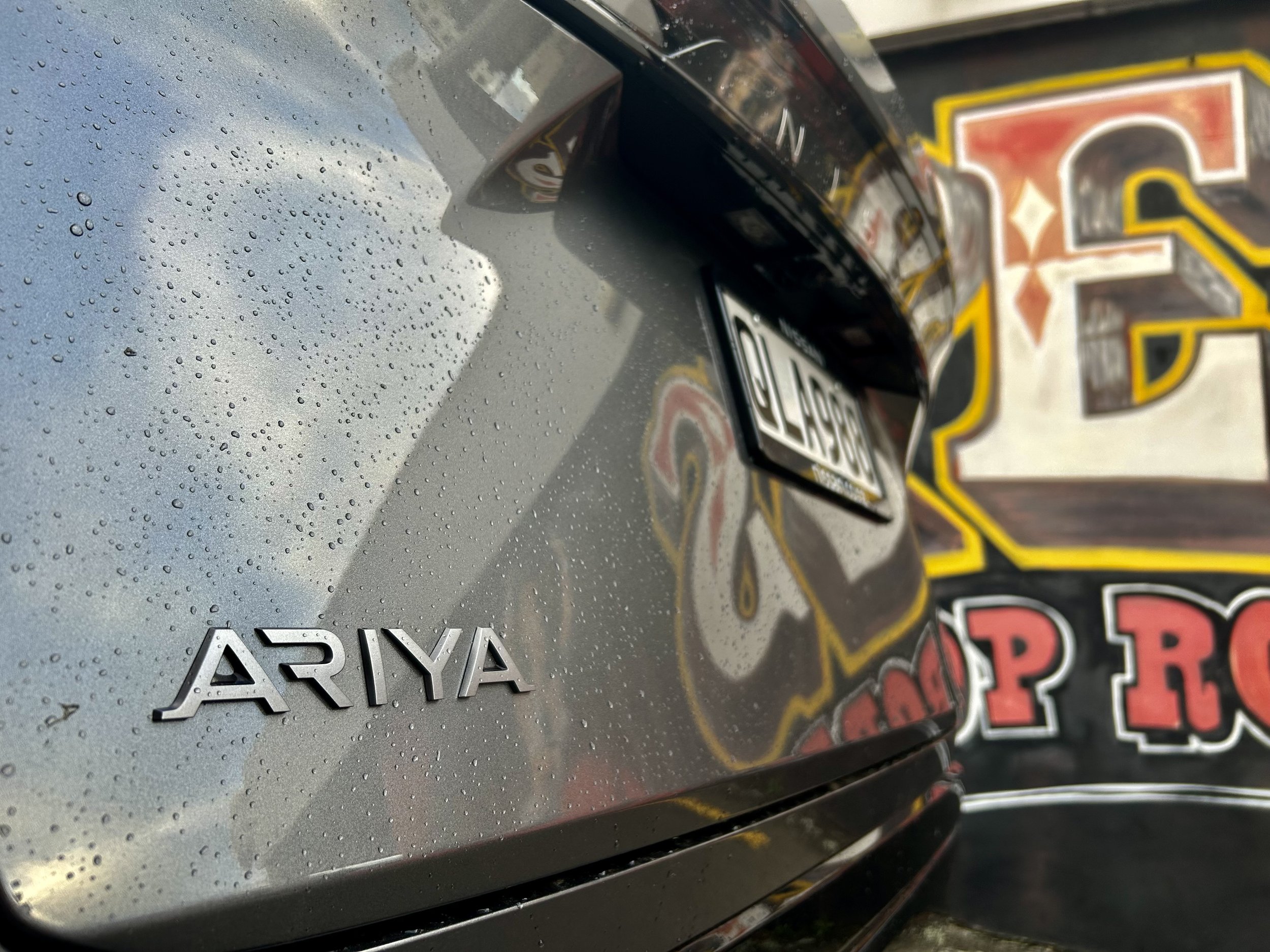Airline’s star electric car a petrol
/Air New Zealand's suggestion it has bought 36 ‘fully-electric’ BMW i3s as part of a sustainability push isn’t quite as it seems, the car’s distributor acknowledges.
IDENTIFICATION of the version of a BMW bought by Air New Zealand as a core driver of a Green initiative to provide the flag carrier with an electric fleet has been clarified by the car's distributor.
The airline’s announcement today that it has confirmed an order for “36 fully electric BMW i3” hatchbacks as part of a bulk Green car purchase with a total value of more than $400,000 has been subsequently addressed by BMW New Zealand.
The Auckland-domiciled distributor admits the edition in question is not, as has been suggested, the wholly electric model that has never been represented here but in fact the showroom version available since 2014 that relies on a petrol engine.
BMW’s brand’s sales manager, Chris Roe, made this plain in a communication in response to questions from Motoring Network.
The i3 is built in two versions – identical from the kerbside but very different in operation.
There is a pure battery edition, known internally as the BEV, and a range-extender model, which is also a plug-in car but has a small petrol motorcycle engine.
This twin-cylinder 660cc unit acts as a generator to replenish the car’s 360V 96 cell lithium-ion battery pack to work the 125kW/250Nm electric motor.
The REX has been sold in New Zealand since 2014 and won the 2015 New Zealand Car of the Year award.
The BEV is not represented as a new car here, though it is thought some examples have arrived as ex-Japan used imports.
BMW NZ has stopped short in questioning the airline’s claim that it has bought a pure electric car, however Roe made clear in an email that the edition Air New Zealand has purchased is not the BEV.
“They are buying the REX and there are no short term plans to introduce the BEV.”
While the REX is still considered an electric car, it’s reliance on an engine means it consumes hydrocarbon fuel and emits C02 – factors, that in turn, perhaps raise question about the validity of the airline’s claim about the fuel-savings its purchase will make.
Motoring Network has been unable to establish if the airline’s claim of it having achieved a saving of the equivalent of 65,000 litres of fuel per year is made from considering the BEV – which, of course, does not consume fuel – or the edition that does, albeit modestly.
The REX has an official fuel consumption average of 0.6 litres per 100 kilometres and emits 13 grams per kilometre of carbon dioxide. This contrasts to the BEV’s electricity consumption of 12.9kWh/100km and zero emissions.
The airline has achieved full electric drive intent the 28 Renault Kangoo Maxi ZE electric vans it has also ordered for use at airports.
The Kangoo, which does not have range extender capability but is purely driven by a battery pack-fed electric motor, is not yet on sale in New Zealand, though Renault New Zealand says it soon will be. But this makes Air New Zealand the first local customer for this vehicle.
The airline’s 75-vehicle order is rounded out with the delivery of a dozen Mitsubishi Outlander PHEV crossovers, like the i3 REX a plug-in rechargeable petrol-electric model. These will be used for longer range driving, the airline says.
With a list price of $83,500, the i3 is potentially more expensive than the Renault – whose price has not been announced – and carries a $20,000-plus premium over the Mitsubishi.
Conceivably, Air NZ might also have considered the $39,990 Nissan Leaf, the sole bone fide pure electric car on sale in New Zealand – at least until recently – as an alternate to the BMW, which is promoted as the world’s first premium car created from the ground up around an electric drivetrain.
Air New Zealand’s Green fleet announcement, which it believes will make it the leading corporate electric vehicle fleet in New Zealand, was published without question in a number of media outlets.
The airline says it is changing its ground fleet and airport service vehicle fleet to electric, or biodiesel-powered vehicles, where an electric option is not available.
Air New Zealand Chief Executive Officer Christopher Luxon said the fleet transition forms part of the airline’s commitment to sustainability and carbon reduction across the business.
“Taking a leadership position in carbon management and reducing our emissions is a significant goal for us under our Sustainability Framework,” says Luxon.
We recognise the opportunity electric vehicles present both for New Zealand and our airline, and we are making the most of the country’s renewable electricity supply by transitioning our ground fleet off fossil fuels where we’re able to,” he says.
Air New Zealand will receive the first of its new vehicles later this month and aims to complete the fleet transition by the end of 2016.
BMW New Zealand has previously suggested that while the i3 BEV would be well-suited to pure urban use, it’s range of 160 kilometres makes it less useful in a typical New Zealand extra-urban driving scenario than the REX, whose 28kW twin-cylinder engine (from a Motorrad scooter) gives it a 300km operation.

















